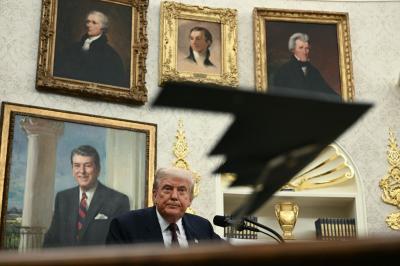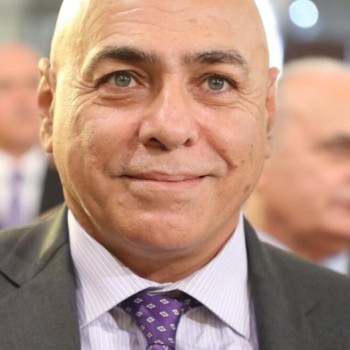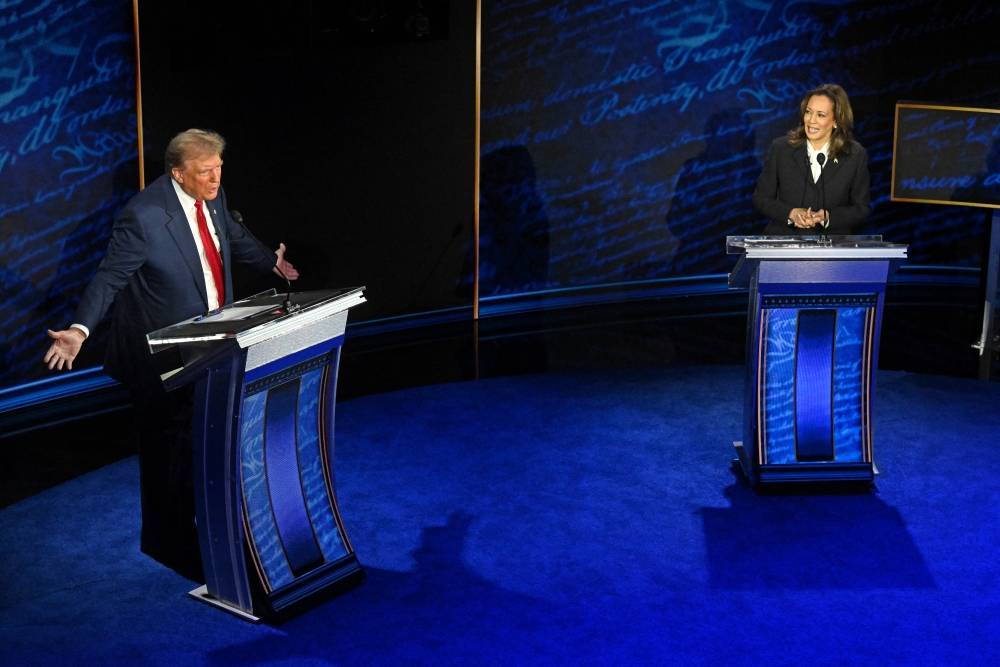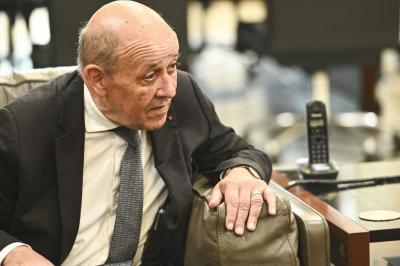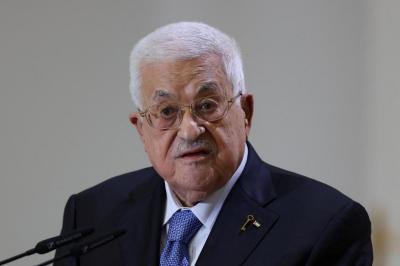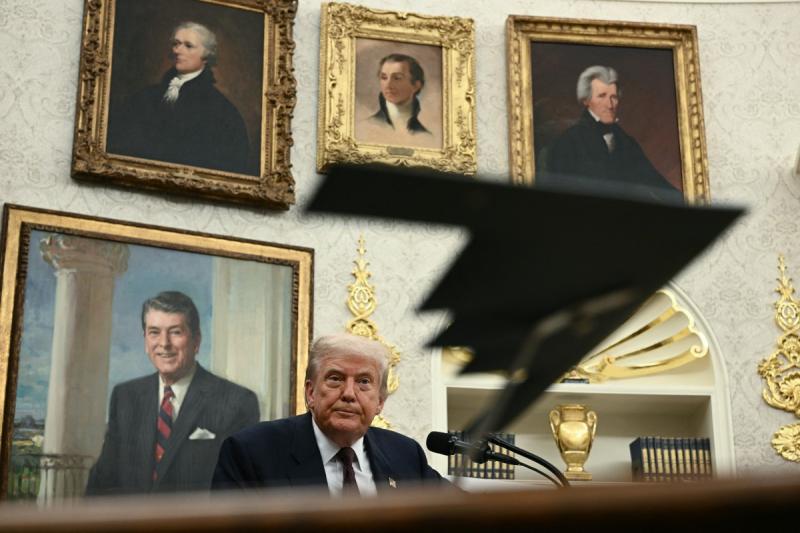For those who expected the debate between the U.S. presidential candidates, Vice President Kamala Harris and former President Donald Trump, to be an opportunity to present and discuss their electoral programs, they were disappointed. Both candidates used the platform to reinforce ideas they had defended throughout their campaigns. What stood out most was that the former president could not break free from his old habits and remained stuck in the past, while the vice president did not take responsibility for the Biden administration’s policies. "You’re not running against Biden," she told him. "I’m your opponent (…) It’s clear that I’m neither Donald Trump nor Joe Biden. I am part of a new generation of leaders."
This debate was primarily an attempt to bolster their personal images in front of voters while trying to trap the opponent. From the start, Harris took the initiative by attacking Trump’s weaknesses, from the handshake to direct attacks, using his previous positions as president or during his current campaign. She also made comments on his popularity and campaign rallies, stating that "he mentions fictional characters, repeats the same lies, and people leave his boring rallies because he talks about himself, not them."
Throughout the debate, Trump revisited recurring themes: the economy, inflation, border security, and illegal immigration. On the economy, he accused the current administration of weakening it and increasing inflation, "while I left them with the strongest and most resilient economy in the world." He added, "The financial market continued to grow despite the difficulties caused by the pandemic." Harris countered by saying they had inherited "the worst economy and the highest unemployment rate (…) but we stopped the economic decline and created millions of jobs, including 800,000 in the clean energy sector." On the economy, she also claimed to have a plan to reduce middle-class taxes, "while Trump cut taxes for millionaires and billionaires, which cost the Treasury $5 trillion."
Regarding border protection, Trump accused this administration of opening the borders to illegal immigrants, "most of whom are criminals, repeat offenders, traffickers, and psychiatric hospital patients (…) they eat cats, dogs, and pets in Springfield" (a small town in Ohio). This story, which appeared on a young girl’s Facebook account claiming to have heard it from a friend, was debunked by local authorities. However, Trump persisted despite the authorities’ denial.
He avoided responding to accusations that he personally intervened with Republican members of Congress to prevent them from voting for a border protection law proposed by Republicans themselves and supported by Democrats. He also revisited the withdrawal of U.S. troops from Afghanistan and the attacks that occurred during that withdrawal, particularly the suicide bombing near Kabul airport, accusing Biden and his administration of weakness. Harris hit back, accusing him of bypassing the Afghan government and negotiating directly with the Taliban, even inviting them to Camp David.
Harris also had several opportunities to attack Trump on issues such as abortion, women’s rights, spreading lies, and his tendency to favor autocrats in his international relations. She particularly succeeded in making him angry, prompting him to revert to his old style of avoiding substantive issues and resorting to insults.
The allegation that people were leaving his rallies particularly angered him, and he stopped discussing policy. Harris continued, citing figures such as the former White House Chief of Staff, a prominent military leader, who said Trump despised the Constitution, as well as his former national security advisor who called him dangerous and unfit to govern. She added, "I’ve visited many countries as vice president, and world leaders laugh at Trump." Referring to Trump’s TV show, The Apprentice, Harris concluded, "Trump was fired. More than 81 million voters dismissed him."
In foreign policy, issues such as China, the Russian invasion of Ukraine, and the Middle East were discussed. While Harris delved into the problems and her solutions, Trump emphasized his personal relationships with leaders like Viktor Orbán, Xi Jinping, and Vladimir Putin. He became agitated again when Harris said he would be "easy prey" for Putin.
Attempting to appeal to Jewish voters, Trump accused Harris of not liking Israel, claiming that under her administration, "Israel would cease to exist within two years." Harris condemned the Hamas attack of October 7, 2023, and affirmed Israel’s right to defend itself while denouncing "the humanitarian tragedy in Gaza," calling for a two-state solution.
At the end of the debate, Democrats declared Harris the winner, while Republican leaders quickly criticized ABC News, accusing it of bias in favor of Harris. According to an instant poll conducted by CNN, 63% of respondents believed Harris had won the debate.
 Politics
Politics


